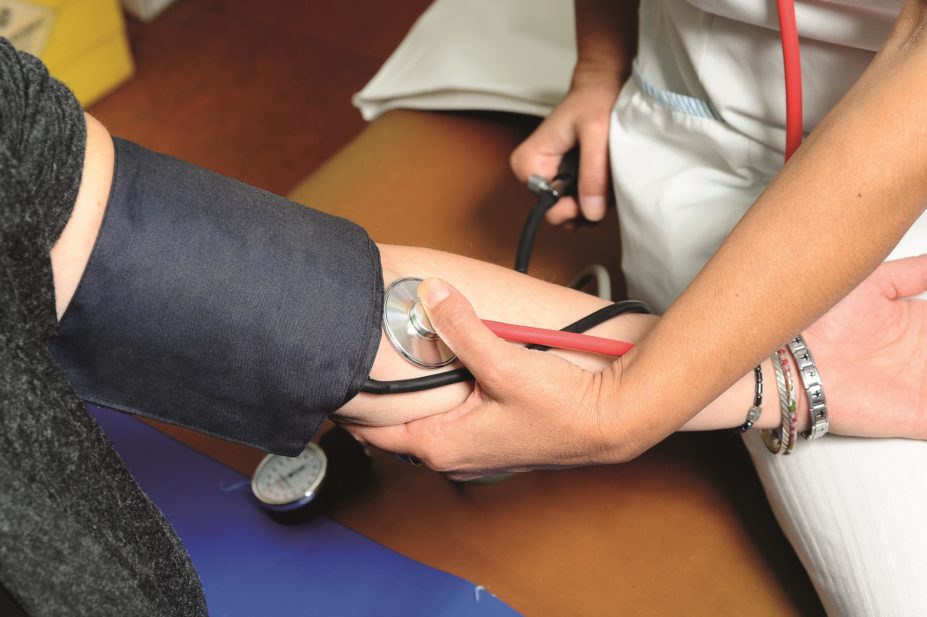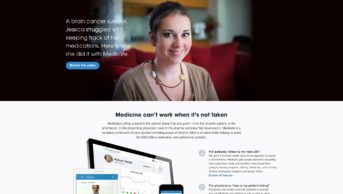
Shutterstock.com
Using approved drugs in unconventional ways could help improve compliance in patients with hypertension, according to a study in The
Journal of Clinical Hypertension
[1]
published on 26 August 2015.
Antihypertensives are used to prevent major cardiovascular events in people with hypertension but after 12 months of treatment only half are still adhering to their medication. This may be because they do not understand the drug’s function or how important it is, or because they are overwhelmed with multiple types of medication and high-frequency dosing.
Side effects can also have a major impact, particularly as hypertension is largely asymptomatic. As the researchers outline in the paper, patients are generally asymptomatic and therefore unlikely to choose to take medications that make them feel in any way worse than their baseline state. Common adverse drug reactions related to antihypertensive therapy include sexual and cognitive dysfunction.
This issue, described as multiple drug intolerance (patients who have adverse reactions to three or more drugs in a class) is difficult to tackle. A team of doctors and researchers from the Barts Heart Centre, St Bartholomew’s Hospital (London, UK) looked back through two years of records from patients admitted to the Barts BP Centre of Excellence.
They found records of 55 people defined as having multiple drug intolerance (around 10% of the people referred to the specialist centre), and treated them using a novel treatment algorithm.
This took into account their drug intolerances and created an individualised step-wise treatment regimen, including fractional tablet dosing (step 1) and liquid dosing (step 2) of conventional medications, transdermal formulations of approved drugs (step 3), and unlicensed tablet medications (step 4).
Step 1 allowed the use of lower doses, steps 2 and 3 reduced excipients that could cause side effects, and step 4 included ‘repurposed’ drugs approved for different indications. The doctor could choose the most appropriate treatment from within each step, including switching drugs within the same class.
Patients treated under the algorithm had significant reductions in blood pressure over a year, with better tolerability and potential for large reductions in relative risk of stroke and ischaemic heart disease-related events. The researchers said that further studies were needed to ascertain long-term benefits.
Maureen Talbot, senior cardiac nurse at the British Heart Foundation, says: “Some people can find the side effects of medication intolerable and not worth taking for the improvement in their blood pressure.”
She adds: “This small study demonstrates the exploration of novel options and their positive effects, but further larger studies are required. Although it could well lead to an improvement in compliance, it is not clear how feasible this approach is and whether the costs would be prohibitive.”
References
[1] Antoniou S, Saxena M, Hamedi N et al. Management of Hypertensive Patients With Multiple Drug Intolerances: A Single-Center Experience of a Novel Treatment Algorithm. Journal Clinical Hypertension. 2015. DOI: 10.1111/jch.12637


